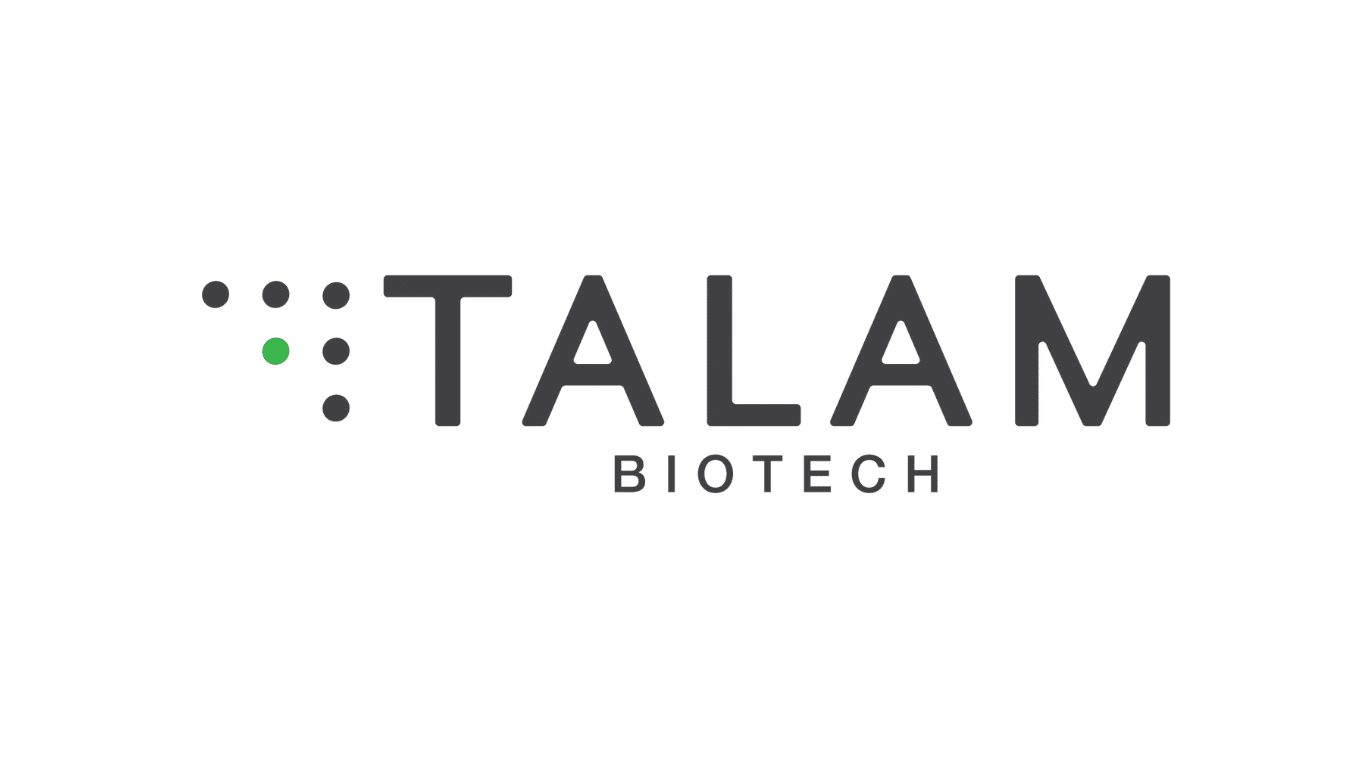Key Takeaways
- Wilbur-Ellis enters U.S. market development agreement with Talam Biotech to advance natural microbial solutions
- The partnership aims to reduce crop absorption of heavy metals such as arsenic, cadmium, lead, and mercury
- Talam’s technology uses naturally occurring soil microbes to lower heavy metal bioavailability in soil
- Early results suggest potential benefits to both food safety and crop yield
- The collaboration responds to rising consumer concern and regulatory focus on heavy metals in the food supply
Wilbur-Ellis Collaborates with Talam Biotech on Soil-Based Approach to Food Safety
Wilbur-Ellis, a provider of agricultural inputs and innovation, announced a new partnership with Talam Biotech, a biological technologies startup, to support the U.S. development of a microbial solution designed to reduce heavy metal uptake by crops. The agreement will focus on field testing, validation, and commercialization strategies to introduce the technology to U.S. growers.
“Reducing exposure to heavy metals in food demands a system-wide approach that starts at the farm,” said John Chrosniak, CEO of Talam Biotech. “Collaboration with agriculture innovation leaders like Wilbur-Ellis is key to unlocking the potential of our technology.”
Technology Aims to Address Consumer and Regulatory Pressure
Talam’s research centers on the use of naturally occurring soil microbes that interact with heavy metals in the root zone to reduce their bioavailability. This, in turn, lowers the uptake of contaminants by crops, including grains, vegetables, and fruits.
“Heavy metals in food are a growing concern among consumers, especially in sensitive categories like baby food,” said Chris Wooley, Portfolio Manager – Specialty Actives at Wilbur-Ellis. “Talam’s technology can make farmers significant players in addressing this challenge, with the potential to improve yields as well.”
According to a 2024 International Food and Information Council (IFIC) survey, 64% of U.S. consumers are “very or extremely concerned” about heavy metals in food, with a notable share reporting changes in eating habits as a result.
Addressing Environmental and Agricultural Challenges at the Source
Heavy metals such as arsenic, cadmium, lead, and mercury can enter food crops through natural soil content and anthropogenic sources. Talam Biotech’s approach aims to provide a field-level solution by modifying microbial interactions in the soil to decrease plant absorption of these elements.
The partnership will explore how this method could enhance both food safety compliance and on-farm productivity in crops grown in areas prone to heavy metal presence.
Next Steps for the Wilbur-Ellis and Talam Biotech Agreement
Under the agreement, Wilbur-Ellis will support U.S. market development through customer engagement, data generation, and technical support. The goal is to validate the effectiveness of Talam’s microbial solution under real-world conditions and assess opportunities for integration into existing crop input programs.


